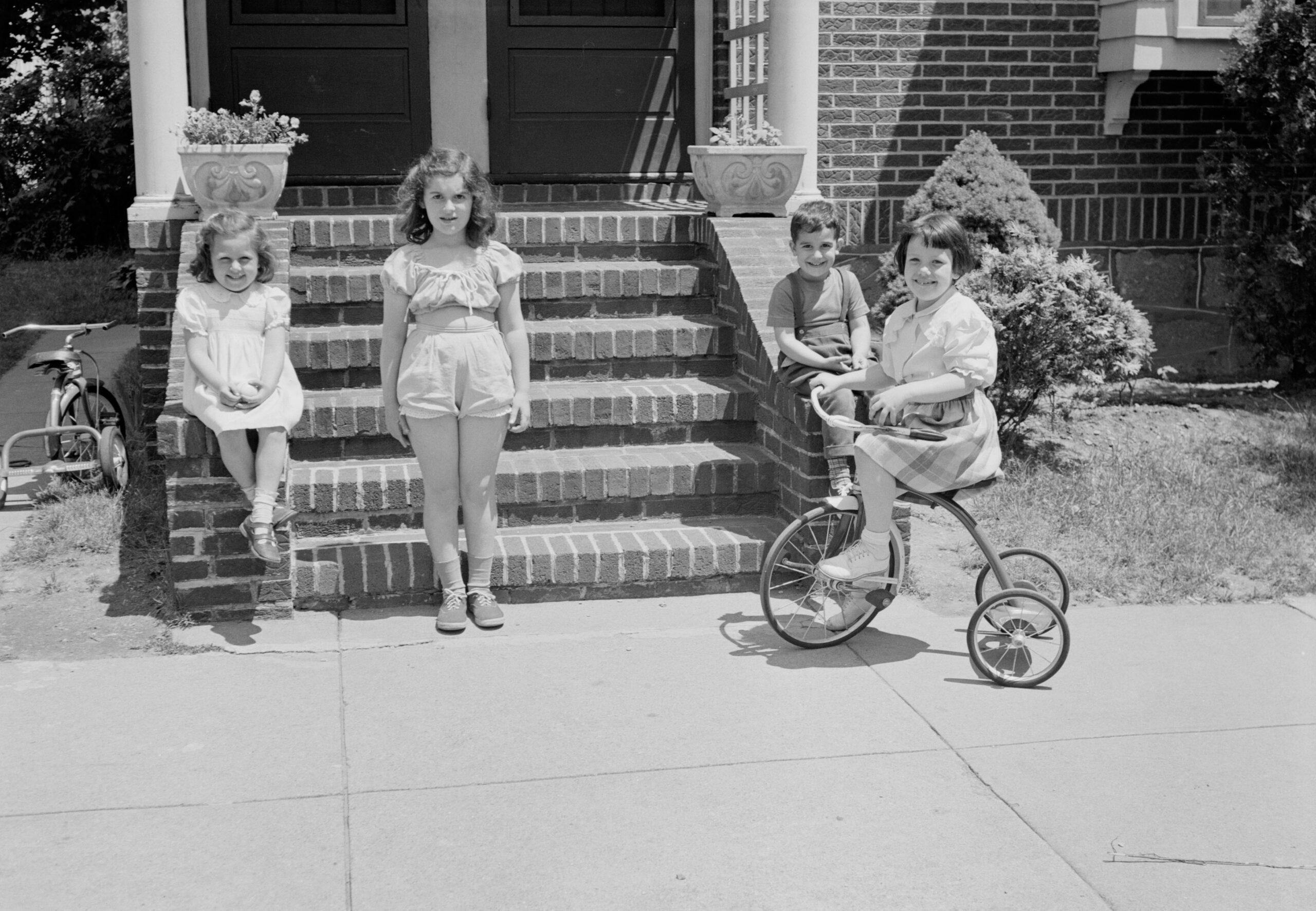All parents make mistakes when it comes to disciplining their children. However, learning to identify and correct these blunders ultimately makes your parental approach more fair and effective.
Being inconsistent
Kids need to learn that you will act on your words. If you threaten to take away a toy due to bad behavior, follow through and take it away. Wavering on your follow-through teaches your children that they can test boundaries and get away with bad behavior.
Using age-inappropriate tactics
Younger kids lack a refined concept of time. Therefore, action has to be immediate. While a no dessert tonight punishment for bad behavior at lunchtime may work great with older kids, younger children won’t understand this connection. This makes the reprimand ineffective, unfair, and ultimately useless.
Lacking cohesion among caretakers
If dad ignores a rule that is set by mom, the rule is then undermined. A child then learns that unwanted behavior is acceptable around one parent and that the other parent’s policy doesn’t have to be followed. The same goes for outsiders, such as babysitters and nannies, who need to know and follow regulations established by the parents.
Setting bad examples
Kids won’t understand why they can’t have dessert before dinner if mom or dad can. If you set a practice for your child, be sure that you follow it, too—at least when your little one is observing.
Ignoring warning signs
Young children are more likely to have tantrums if they’re tired, hungry, or upset—conditions of which they often show warning signs. If your child’s stomach is growling, he is moody, or he is rubbing his eyes and yawning, it’s probably better to tend to his needs than to ignore them and have to discipline later on due to bad behavior.
Disciplining overload
While the harshest discipline should be reserved for legitimately health-endangering actions, such as running into traffic, parents often use the same tactic, like yelling, for both unwanted behaviors and those that are simply irritating. Remember that some of the latter actions, such as running around the house or making noise by banging spoons on pans, could simply be representative of developmental stages.
Acting without warning
If kids haven’t been taught a specific rule and therefore don’t know discipline is imminent, they don’t have a chance to correct themselves. If your child hasn’t been taught to not throw toys, don’t take the toy away the first time he throws one. First, explain that tossing things isn’t OK. Tell him you’ll take the toy away if he throws it again, and give him a chance to play nicely. If he repeats the offense, take it away without another warning.
Lacking consideration for the child
Parents of multiple children may try to parent one using tactics that worked for another, to no avail. Each child responds differently and to different kinds of methods. Learn what works best for each child.
Confusing discipline with punishment
Everyday discipline is simply the consistent enforcement of previously established limits. As stated in the previous tip, save the true punishment for the most unwanted and health-threatening behaviors.
Refraining from providing positive reinforcement
While most parents are quick to discipline negative behavior, they often aren’t as likely to praise adherence to the rules. Kids respond well to positive reinforcement. If your child goes an entire day, playdate, or meal without talking back, throwing toys, or having a food fight, tell him how proud you are.




